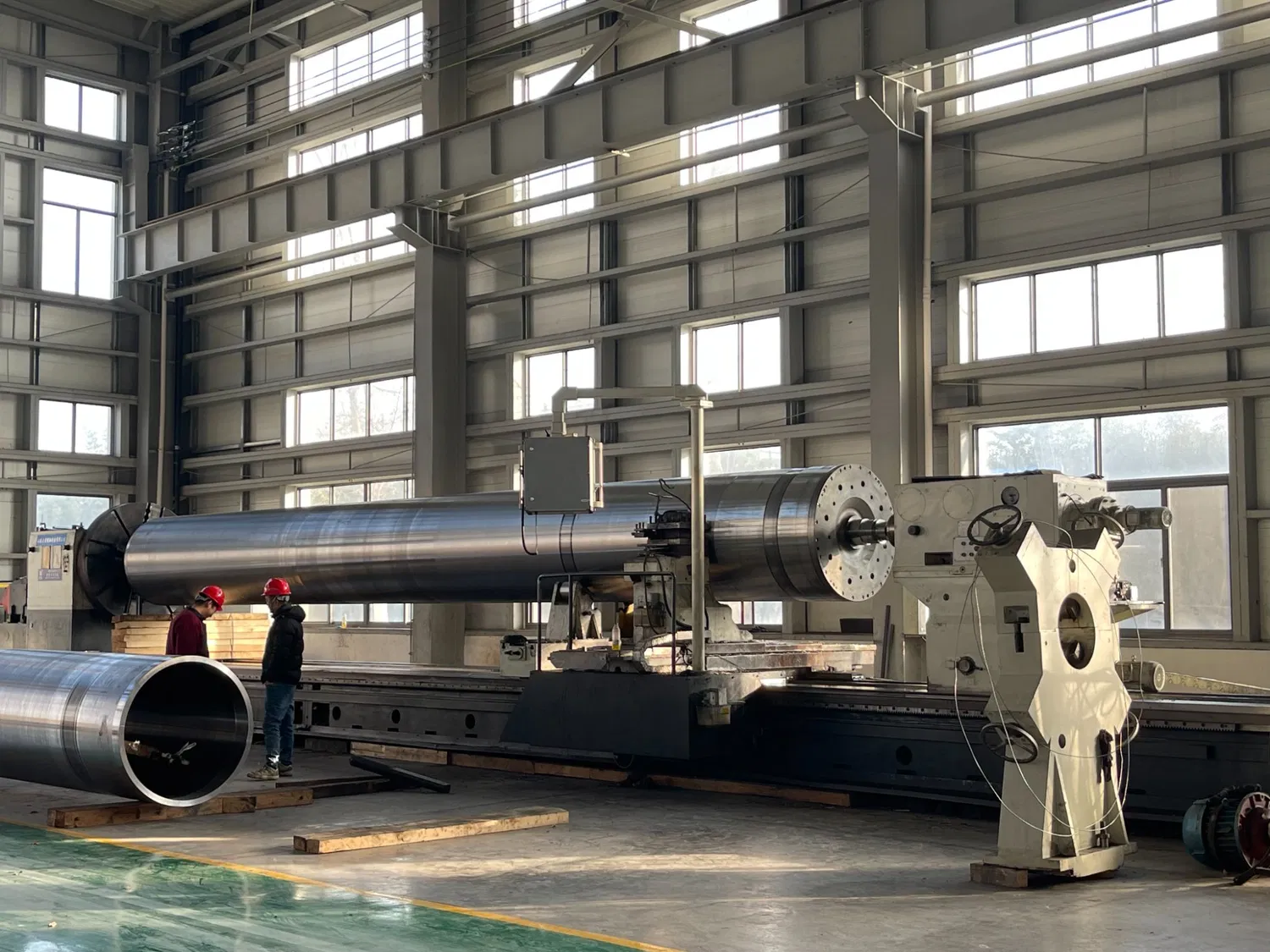The stone industry, long associated with tradition and permanence, is undergoing a significant transformation driven by a growing demand for sustainable practices. Nowhere is this more evident than in stone roll manufacturing, a process that's becoming increasingly sophisticated and eco-conscious. This evolution is fueled by a confluence of factors, from resource depletion concerns to the rising popularity of green building practices, shaping a new era for this age-old material.
One of the most prominent trends in sustainable stone roll manufacturing is the focus on minimizing waste. Traditional methods often resulted in significant material loss, but modern techniques like optimized cutting and water recycling systems are drastically reducing this impact. Furthermore, the use of stone dust and remnants in composite materials and other applications is gaining traction, further contributing to a circular economy model within the industry. What was once discarded is now being reimagined as a valuable resource.
Beyond waste reduction, material selection plays a crucial role in sustainability. Quarrying operations are increasingly adopting responsible practices, minimizing land disturbance and implementing robust reclamation strategies. Additionally, the industry is exploring alternative stone sources, like recycled stone aggregates, which offer a viable and environmentally sound option for various applications. These aggregates can be incorporated into new stone rolls, effectively diverting waste from landfills and reducing the demand for newly quarried stone.
The manufacturing process itself is also undergoing a green revolution. Energy-efficient machinery, powered by renewable energy sources in some cases, is becoming the norm. Likewise, the use of low-VOC and water-based adhesives and sealants minimizes harmful emissions and improves indoor air quality. These advancements not only reduce the environmental footprint of stone roll manufacturing but also contribute to healthier working conditions for employees.
Innovation in stone roll manufacturing extends to the development of new materials and technologies. Engineered stone, composed of natural stone particles bound with resins, offers a customizable and sustainable alternative to natural slabs. These engineered products can mimic the appearance of various stones while offering enhanced durability and performance characteristics. Furthermore, advancements in 3D printing technology are opening up exciting possibilities for creating complex stone designs with minimal waste.
Looking ahead, the future of sustainable stone roll manufacturing hinges on continued innovation and collaboration. Industry stakeholders, including quarries, manufacturers, architects, and designers, must work together to develop and implement best practices. This includes sharing knowledge, investing in research and development, and promoting transparency throughout the supply chain.
The growing consumer demand for sustainable products is a powerful driver of change. As consumers become increasingly aware of the environmental and social impact of their choices, they are actively seeking out materials and products that align with their values. This demand is pushing the stone industry to prioritize sustainability, not just as a responsible practice, but as a key competitive advantage.
The shift towards sustainable stone roll manufacturing is not merely a trend, but a fundamental shift in how the industry operates. It represents a commitment to responsible resource management, environmental stewardship, and creating a healthier built environment. Are you ready to embrace these changes and contribute to a more sustainable future for the stone industry?
Consider the impact of your material choices. How can you, as a consumer or industry professional, contribute to the growing movement towards sustainable stone roll manufacturing? The choices we make today will shape the future of this vital industry.
The benefits of sustainable stone roll manufacturing extend far beyond environmental protection. By embracing these practices, the industry can improve its economic viability, enhance its reputation, and contribute to a more equitable and sustainable future for all. This evolution is not just about doing what’s right; it’s about building a better future.
In conclusion, the landscape of stone roll manufacturing is evolving rapidly, driven by a growing focus on sustainability. From minimizing waste and adopting eco-friendly processes to innovating new materials and technologies, the industry is embracing change and paving the way for a more sustainable future. The journey towards true sustainability is an ongoing process, requiring continuous effort and collaboration, but the progress made so far demonstrates the industry’s commitment to responsible practices and its potential for a greener tomorrow.



